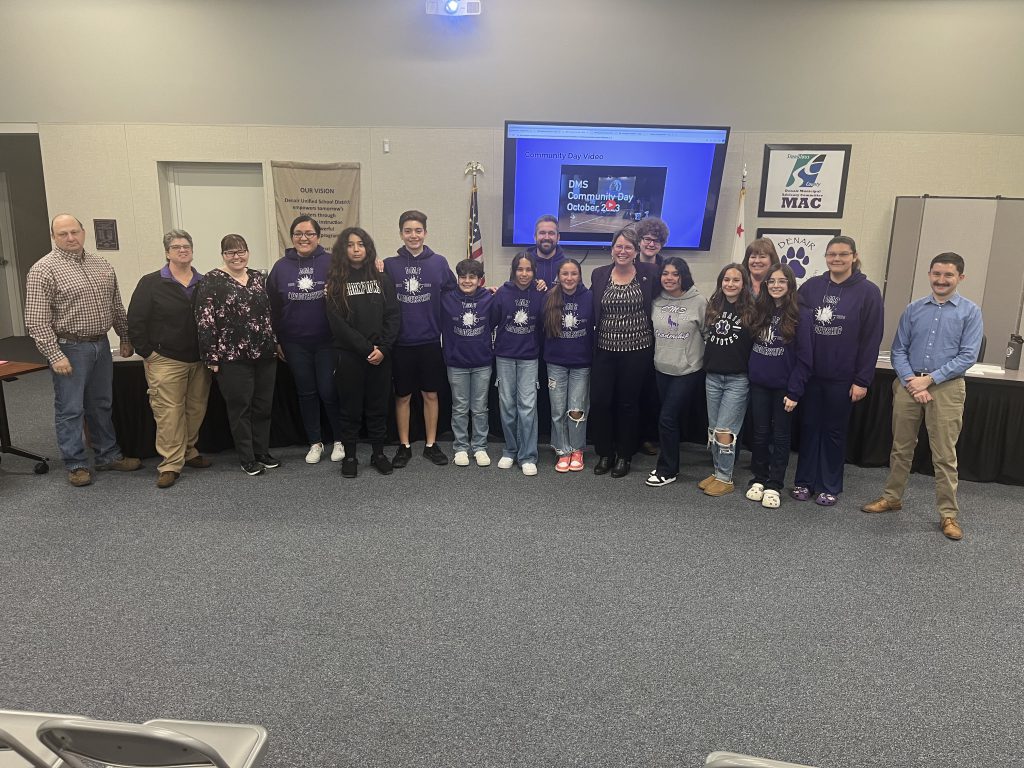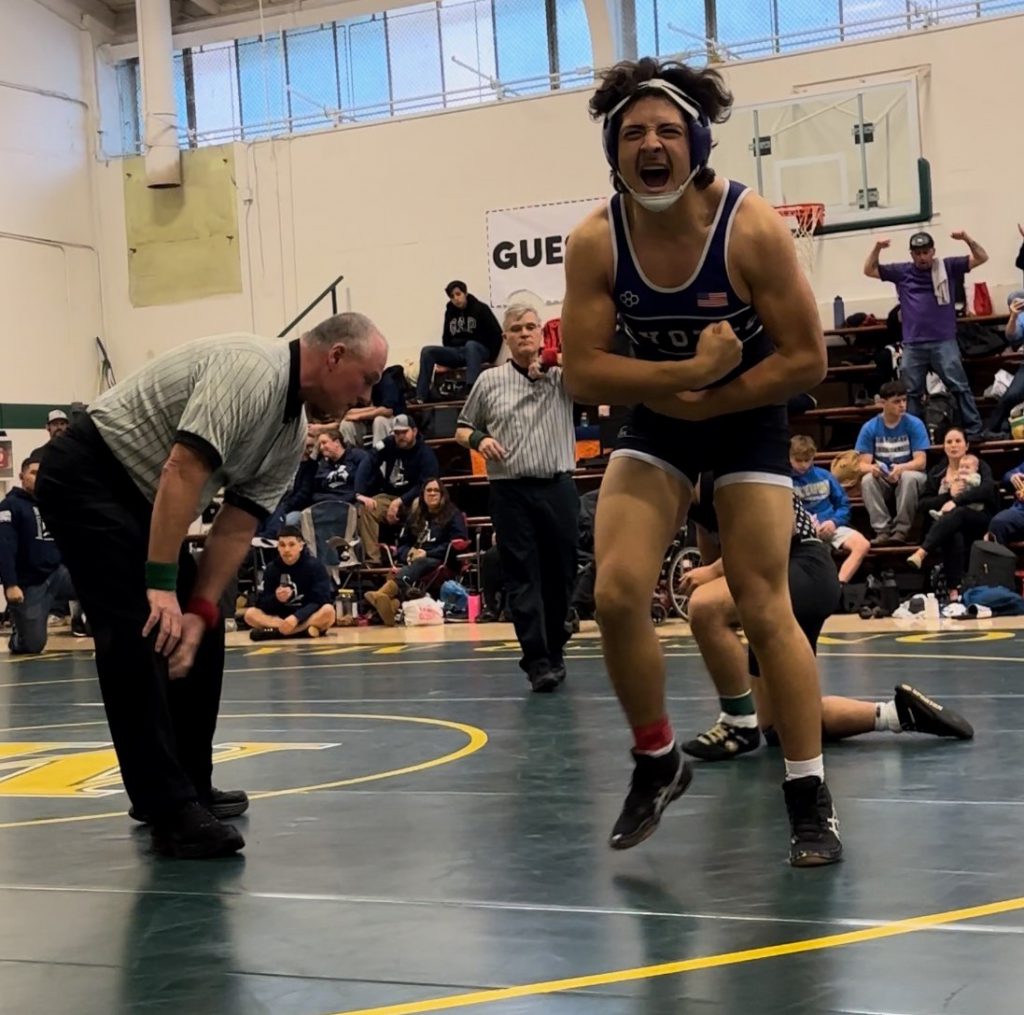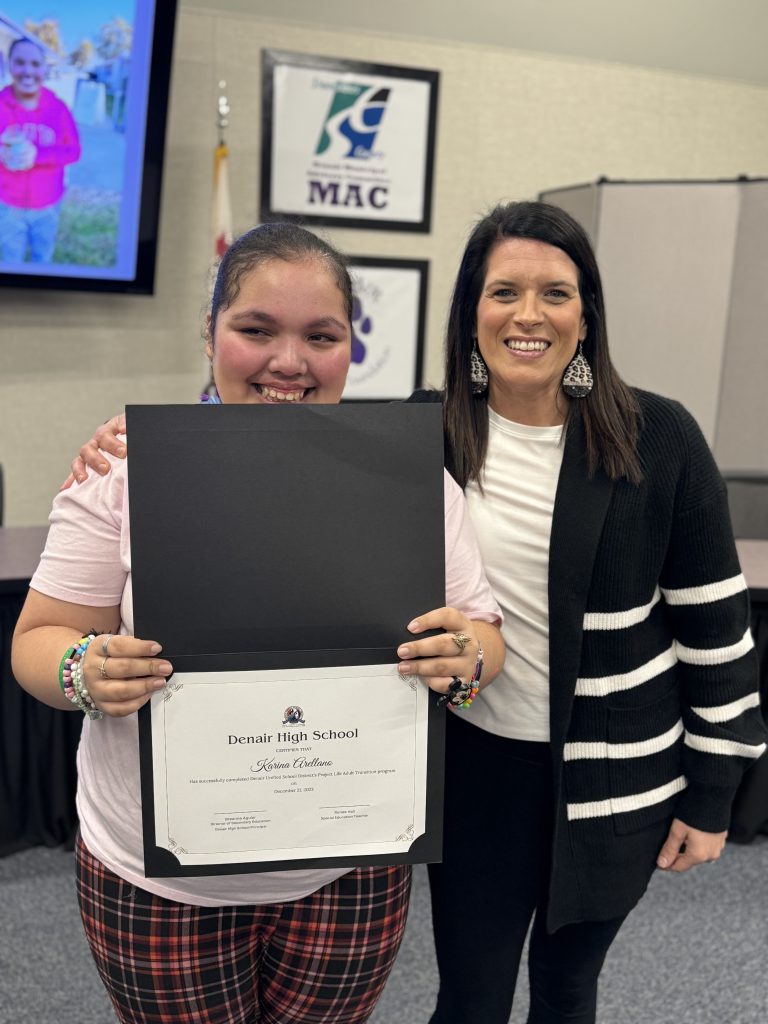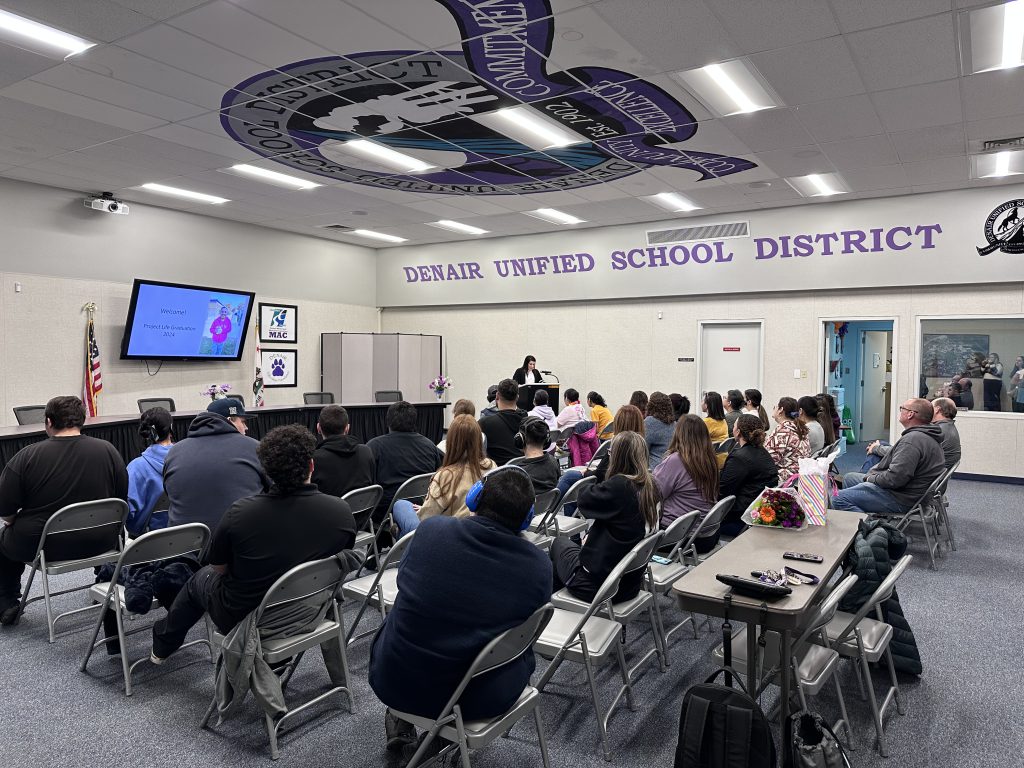The cost of replacing aging buildings and kitchens and modernizing classrooms is only getting more expensive in the Denair Unified School District. Thursday night, trustees heard an updated report that estimated the price tag at $45.1 million.
That wish list includes big-ticket items like a two-story classroom building at Denair High School to replace modular buildings that never were intended to be used this long. At Denair Elementary Charter Academy, the needs include new classrooms, a new library, a relocated kitchen and main office, and an improved parking, pick-up and drop-off area to create a single point of entry that also is more efficient for buses as well as delivery vehicles. Denair Charter Academy also would be reconfigured to create a single point of entry.
The district doesn’t have nearly enough money in its bank account to pay for all those things, nor can it expect the state to foot the entire bill. Like most school districts, that means asking residents to pass a school bond that would raise the necessary funds. The bonds are repaid over many years through assessments on property owners’ taxes.
Trustees will have to decide by June whether to put a bond of up to $32.1 million on November’s ballot. To pass, it would need to be approved by at least 55% of voters.
Property owners in the Denair district currently are paying off two bond measures – Measure P, passed in 2001, and Measure K, passed in 2007. District officials said the plan is for the 2001 bond to be paid off in 2028 before any new bond would go into effect, thereby not raising property tax bills.
“Most people want to know how you can raise $30 million without raising taxes. The goal is to raise the most money with the least impact on taxpayers,” acknowledged Khushroo Gheyara, executive vice president of Caldwell Winters Flores. CFW is the Emeryville company that helped Denair create and update its facilities master plan, which lays out the district’s needs.
Gheyara cited property data that estimates the total value at $1.7 billion within the Denair district, more than enough to support a bond measure like the one Denair is considering. He also pointed to a 2022 survey of residents that indicated 63% would support a school bond vs. 34.5% against. He recommended to trustees that another survey be taken this spring to gauge current opinions.
Daisy Swearingen, the district’s chief business official, told trustees though there is some modernization-related money likely available from the state, most of it requires school districts like Denair to put up what are called matching funds. The only way to do that typically is through school bonds.
“For qualifying modernization projects, the state funds 60 cents on the dollar and the district matches the remaining 40 cents. The facility also must be over a certain age to qualify,” Swearingen explained.
Swearingen stated that the district will continue to seek other sources of funding – including any available state grants – but that will not provide nearly enough money to pay for Denair’s long-term needs.
Since the board last heard about facilities needs in October, the number of potential projects has grown — and so has the price tag.
“This is an initial proposed project list with preliminary cost estimates only. We believe there are areas where we can sharpen the pencil on some of the projections,” Swearingen said.
Trustees are scheduled to take a walking tour this Sunday of the district’s four campuses to learn more about what is needed.





